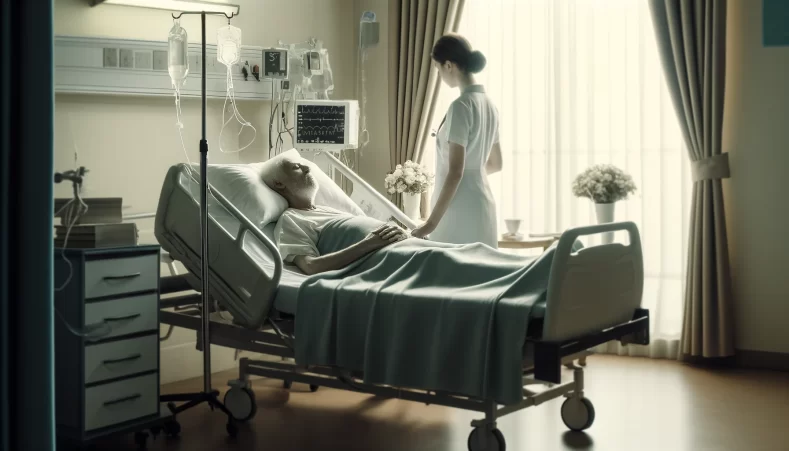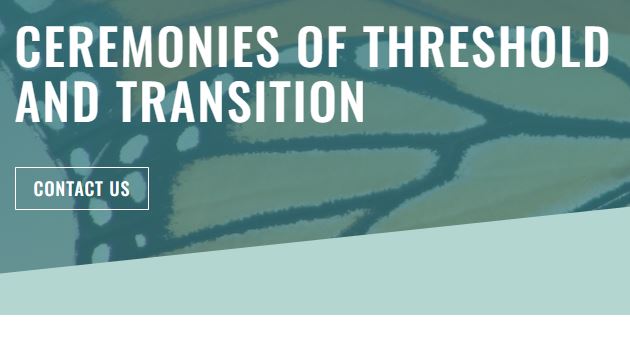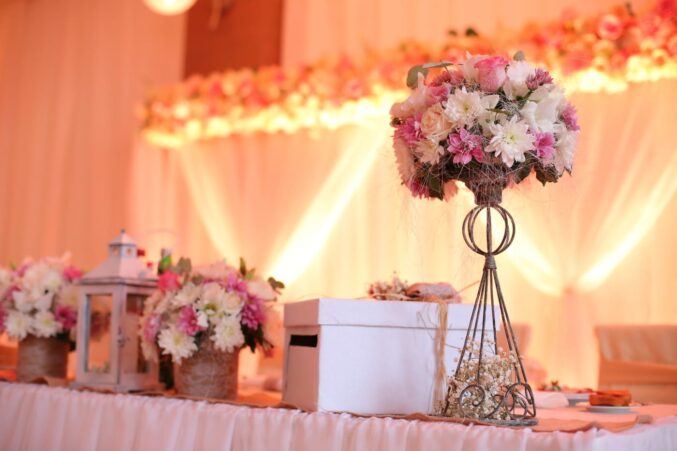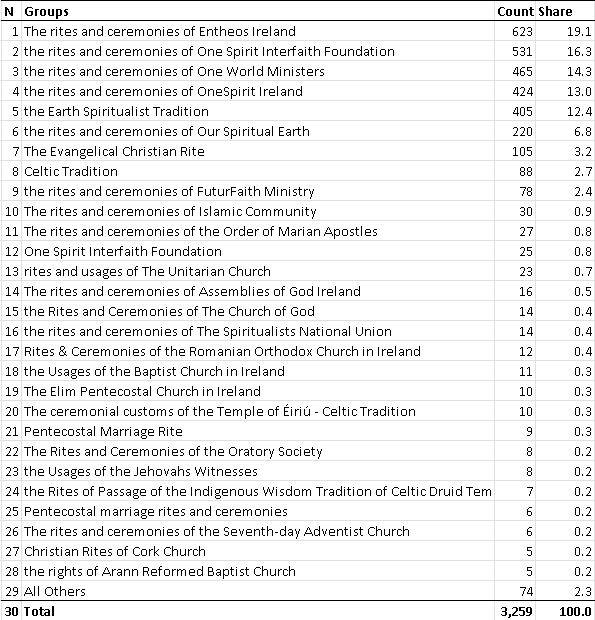The National Council for Curriculum and Assessment (NCCA), an advisory body for the Minister of Education, is currently tasked with reviewing the 1999 Primary School Curriculum. One of the proposed changes is the almost complete removal of spirituality and religion as an aspect of human existence from the ‘wellbeing’ course.
In this blog I will highlight some significant differences between the current curriculum and the draft proposal.
The 1999 curriculum, in the chapter “Key issues in primary education”, includes a section on “the spiritual dimension” that states: “The curriculum takes cognisance of the affective, aesthetic, spiritual, moral and religious dimensions of the child’s experience and development. For most people in Ireland, the totality of the human condition cannot be understood or explained merely in terms of physical and social experience.”
It goes on: “The spiritual dimension of life expresses itself in a search for truth and in the quest for a transcendent element within human experience. The importance that the curriculum attributes to the child’s spiritual development is expressed through the breadth of learning experiences the curriculum offers, through the inclusion of religious education as one of the areas of the curriculum, and through the child’s engagement with the aesthetic and affective domains of learning.” (p. 27)
In the draft new curriculum, the above section on the “spiritual dimension” has disappeared.
The new curriculum has seven key competencies, one of which is “being well”, defined in the framework as: “This competency develops children’s understanding and appreciation of wellbeing and their ability to be as healthy as they can be – physically, socially, emotionally, and spiritually. … It also recognises the spiritual dimension of living, which enables children to experience a sense of awe and wonder and to know that life has a meaning”. (p. 11)
However, this general mention of spirituality in the framework disappears after a few pages. The seven key competencies, which are broad and general, are developed into different subjects.
The “Wellbeing” subject includes Physical Education (PE) and also Social, Personal and Health Education (SPHE). As per the description above, spirituality should be included in the Wellbeing subject, and this was the case in the 1999 curriculum.
But the new draft states: “Wellbeing supports children’s social, emotional, and physical development now and into the future.” (p. 17) Note the exclusion of spiritual development.
In the new draft specification of the “Wellbeing” course there is no activity or learning experience linked to spiritual wellbeing.
This is despite all the evidence that religious practice contributes to wellbeing. (Professor Patricia Casey produced for the Iona Institute a paper on this topic, called “The Psycho-Social Benefits of Religious Practice.)
As Dr Amalee Meehan, a professor of education from DCU, says in a submission to the NCCA at an earlier stage in the process: “There is a difficulty with the conception of wellbeing as a distinct curricular area. The research shows that every aspect of education, at its best, can foster wellbeing. It is important to note the strong research base identifying a direct correlation between participating in a religious tradition and wellbeing.”
While schools develop their religion and ethics education courses according to their own patrons, the positive effect that spirituality has on mental health and wellbeing should be taught in every school, and this was the case in the old curriculum.
As part of the consultation, the NCCA asked parents and educators to comment on the draft framework and some of them have noticed the removal of spirituality. Here are some examples of their comments:
“Please do not dumb down the importance of religion and spirituality in the education system – surely when you’re trying to provide a holistic education you can’t disregard the emotional benefits of spirituality.”
“I believe this new framework is being used as an opportunity to further degrade the role of religion and spirituality in a child’s life. Explain how this will contribute to their well-being?”
“There is talk in the 1999 curriculum of the spiritual, moral and religious side of the child, there is a holistic perspective on the child – this view is much less in the current curriculum and there is no reason given for this shift, while the vast majority of the population in Ireland belong to a religious tradition. Navigating difference is going to be very important in the future but knowing and appreciating one’s own identity is essential in this process and the religious, spiritual and moral is an important aspect of the identity of the child – this does not appear to be reflected in the document and this is worrying.“
The NCCA has proposed a reduction in time allocated for religious education while the allocated time for the “Wellbeing” subject has been doubled in comparison to the 1999 curriculum, and new areas of learning have been introduced, such as consent, diversity in family structures, and media/digital wellbeing.
Whilst removing spirituality, the new wellbeing curriculum also fosters political activism at primary level. A new strand of the course is called “community and belonging”. Under the heading of “Inclusive education and diversity”, this is what is presented as examples of wellbeing: “Fostering a culture based on human rights, democracy, equity, equality, and social justice. Challenging stereotypes and misconceptions, and promoting empathy, respect, and multi-perspectivity. Recognising and celebrating the diversity present within the classroom and in wider society”. (p. 2)
Besides the consideration whether this is appropriate for primary school students, this strand overlaps with another course called “Social and environmental education”.




